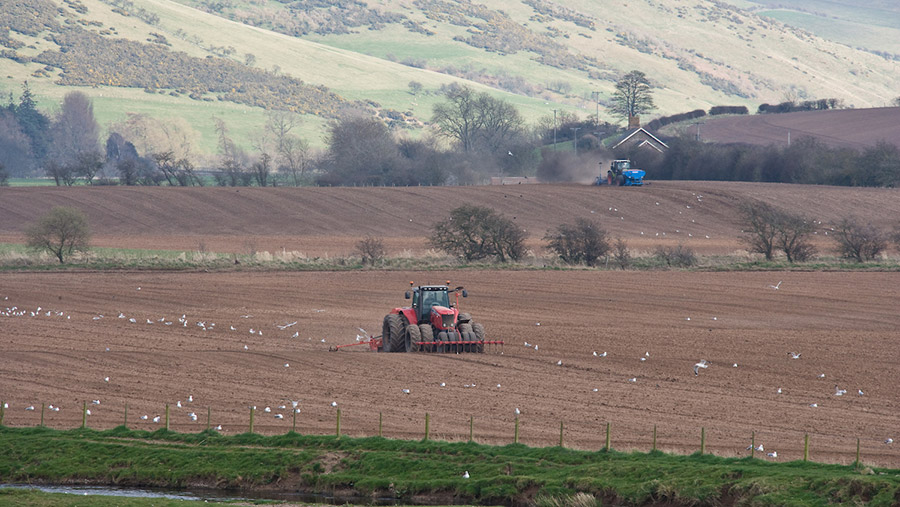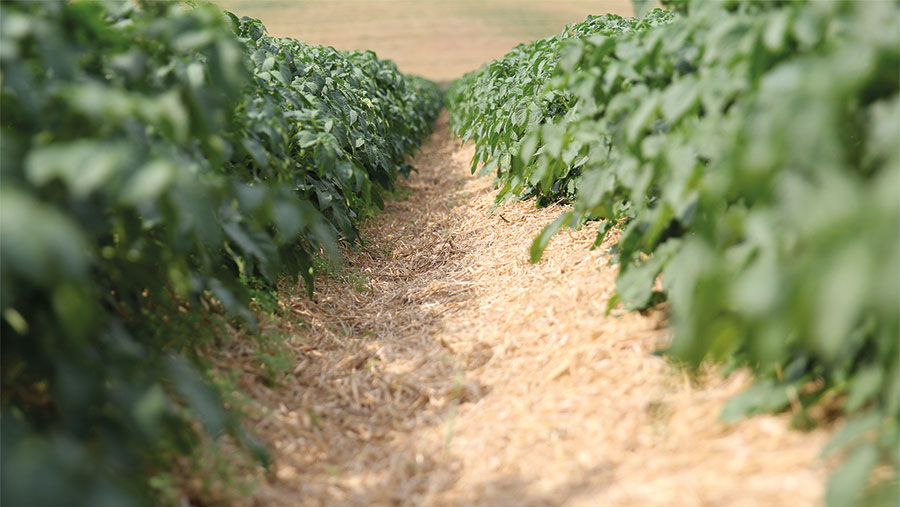Scottish farmers demand policy clarity to plan businesses
 © Tim Scrivener
© Tim Scrivener The Scottish government is being urged to publish more detail on planned changes to agricultural policy with the new farm support system due to start in just two years.
It is nearly 12 months since the government announced the Future Support Framework, a four-tier support structure, within its proposals for a new Scottish Agriculture Bill.
But farmers and crofters say they cannot make decisions about the future direction of their businesses without further details.
See also: ‘Pitiful’ policy in Scotland forcing farmers to scale back
Ian Duncan Millar, who is president of the Royal Highland Show and runs a mixed farming business in Perthshire, said it was impossible to make plans with such a degree of uncertainty.
“Farming is a long-term industry and the feeling I’m getting among farmers is a sense of frustration that they really don’t know what this promised scheme will mean for their businesses,” he said.
In a statement, the Scottish government said it had consulted on proposals for the bill, and responses and analysis would be published shortly.
“Our recently published route map provides information on key dates for guidance, support and how and when current schemes will change,” it said.
Mr Duncan Millar hopes Scotland’s rural affairs secretary Mairi Gougeon will be at this month’s Royal Highland Show to explain the government’s vision for agriculture.
One of Scotland’s most iconic events, the Highland Show will be held over four days from 22-25 June.
In his role as president, Mr Duncan Millar is using the show as an opportunity to raise awareness of the role of science in food production through the Royal Highland Agricultural Society of Scotland (Rhass) Presidents’ Initiative.
As well as the release of a series of farmer case studies in the run-up to the event, a stand at the show will be dedicated to this theme.
Science-led approach
Mr Duncan Millar said it was important that decision-making in farming was based on good science and good research, “rather than gut feeling”.
“I strongly believe science will provide us with a lot of the answers to problems we are facing both as an industry, and as a population, yet currently that basic science is not generally seen as a source of information or indeed a source of solution,” he said.
The show will feature a new Agri-Demo Arena to showcase innovative machinery and technology, with demonstrations and talks.
Scientific collaboration helps find solutions for crop protection

Straw mulch on potato beds © Eric Anderson
The Rhass President’s Initiative has highlighted how collaboration between researchers and farmers is helping to protect the high health status of Scotland’s seed potato industry.
Farmer-owned Scottish Agronomy has been collaborating with farmers to develop alternative and more integrated pest management schemes.
Jim Reid, of Milton of Mathers Farm, Aberdeenshire, has been involved with seed potato trials for over a decade.
The trials look at the benefits and practicality of spreading straw mulch and applying mineral oils to the crop canopy instead of pyrethroid insecticides.
Those trials showed that applying a straw mulch on potato seed-beds led to a 49% reduction in mosaic virus – when mineral oil was applied there was a 54% reduction.
In comparison, a pyrethroid insecticide increased the virus.
Mr Reid said there was a realisation in farming that a “belt and braces” approach was needed for protecting crops, with aphids becoming more resistant to pyrethroids and the control products being withdrawn from the market.
“It is important moving forward that we listen to the science and look at how we can take more of an integrated approach to building our resilience.
“Through some of the work we have been doing in our trials, we have been able to demonstrate practical techniques that could be more widely adopted by the seed potato industry.”
